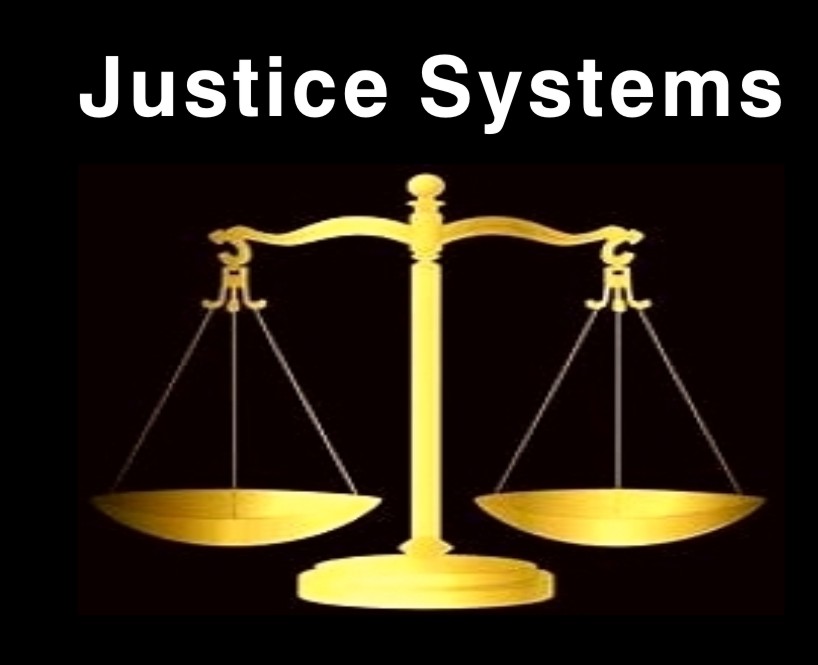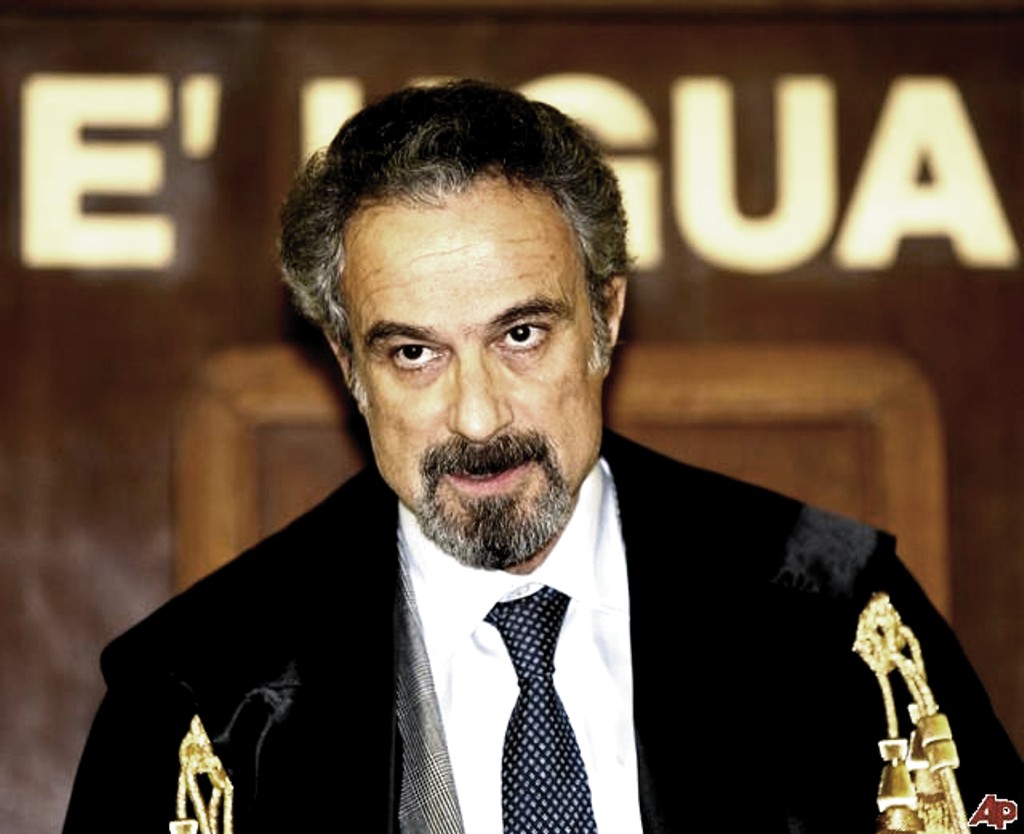
Italian Judge Ruling Is Tough But Fair In Another Case Involving Americans
We’ve seen no trace of anti-Americanism in the Perugia case, other than restrained reactions by prominent commentators to some strident anti-Italianism from the US.
Typically the two populations get along and like one another, they eagerly buy one another’s products, they visit one another’s countries in droves, and at the political level Italy and the US are very close allies.
So. Does the Italian judiciary perhaps have a covert beef against Americans?
We don’t see that one either. The main Americans that Italian judges see appearing in front of them are students, who seem to have quite a knack there for dropping themselves in it. We don’t post on all those cut-short escapades, but there are several a year reported, and we did post on two that happened in Florence.
All of the student cases are treated humanely, and the American Embassy in Rome is not kept particularly busy lecturing Italians on how to handle each case. Actually because of this case the Embassy keeps a very low profile.
Judge Oscar Magi (image above) has now issued a 200-page explanation of his mainly-guilty ruling in the CIA kidnapping case. (This document is the equivalent of what we will see within a month on Meredith’s case.)
Fearless, tough, and seemingly fair. The New York Times impartially reports.
The Italian secret service was most likely aware of, “and perhaps complicit in,” the abduction of an Egyptian cleric from the streets of Milan in 2003, a judge in Milan said Monday. But, he added, state secrecy prevented the court from proving this.
The statement by the judge, Oscar Magi, was part of a 200-page document explaining his reasoning behind the landmark November ruling that convicted 23 Americans, most of them Central Intelligence Agency operatives, of kidnapping the cleric. It was the first case to yield convictions in the practice of “extraordinary rendition,” in which terrorism suspects are captured in one country and taken to another, where they may be subjected to coercive interrogation techniques.
Judge Magi convicted a former C.I.A. base chief and 22 other Americans of kidnapping in the abduction of an Egyptian cleric, Osama Moustafa Hassan Nasr, also known as Abu Omar, on Feb. 17, 2003. Prosecutors said the cleric was taken from Milan in broad daylight and flown from an American air base in Italy to a base in Germany and then on to Egypt, where Mr. Nasr asserts he was tortured….
Judge Magi acquitted three Americans, citing diplomatic immunity, and two Italians, citing state secrecy. Tried in absentia, the other 23 Americans are considered fugitives and are sought under a European Union arrest warrant. Through their lawyers, they pleaded not guilty….
The Italian government is not expected to request extradition of the Americans, who are not expected to serve jail time. Still, the case marked the first time a judge in an allied country had placed C.I.A. agents on trial.
Judge Magi wrote that in 30 years as a penal judge, he had “very rarely” heard testimony “so precise, attentive and correct regarding such difficult and serious investigations,” adding that he had never seen a penal trial in which events had been reconstructed with such “certainty” and “such a degree of authority.”
Comments
No comments yet. Commenting is not available in this channel entry.Where next:
Click here to return to The Top Of The Front PageOr to next entry From Shortly Before Last December’s Verdict: Our Poster Hopeful’s Moving Tribute To Italian Justice
Or to previous entry Explaining How The Italian Appeals Process Works

